The chairperson of the Independent Electoral and Boundaries Commission (IEBC) holds a position of immense authority, one that can decide the fate of the nation.
Yet, that power often comes with a steep price.
Over the years, a troubling pattern has emerged: those accused of stealing Raila Odinga’s electoral victories seem to face a string of misfortunes, illnesses, and untimely deaths.
Coincidence or curse? Many Kenyans believe it’s the latter.
Wafula Chebukati’s recent death on February 20, 2025, after a protracted battle with brain cancer, has reignited these conversations.
His passing follows a grim trajectory of previous IEBC bosses whose lives unraveled after presiding over disputed elections, particularly those contested by Raila Odinga.
Samuel Kivuitu: Haunted by 2007’s Bloodshed
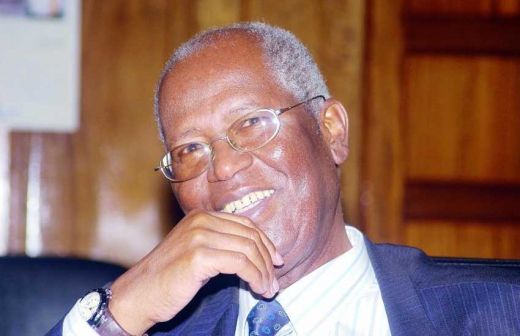
Samuel Mutua Kivuitu, a seasoned lawyer turned electoral chief, found himself at the center of Kenya’s darkest political storm during the 2007 presidential elections.
Despite mounting evidence of irregularities, Kivuitu declared Mwai Kibaki the winner, sparking post-election violence that left more than 1,300 people dead and over 600,000 displaced.
In his final days, Kivuitu was a shadow of his former self—racked with guilt and battling throat cancer.
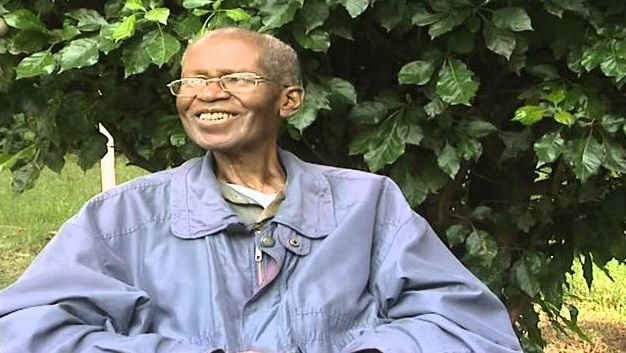
He often expressed regret over the events that unfolded.
“I don’t know who won the elections,” Kivuitu said despite declaring Mwai Kibaki the victor.
Lamenting how he was ‘used and dumped’, Kivuitu said; “I was used and discarded like a dog.”
He died in 2013, with many close to him convinced that the emotional burden and public vilification hastened his demise.
Issack Hassan: Another Curse?
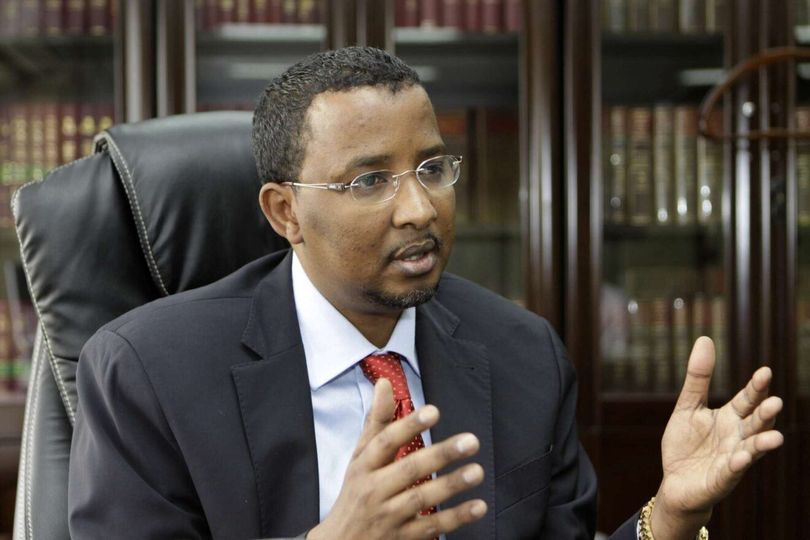
Taking over in 2011, Issack Hassan promised electoral reforms but soon found himself caught in the web of disputed results.
The 2013 elections, which saw Raila Odinga once again claim he was robbed of victory, left Hassan embroiled in legal challenges and public outrage.
Though the Supreme Court upheld the results, the legitimacy of his tenure remained in question.
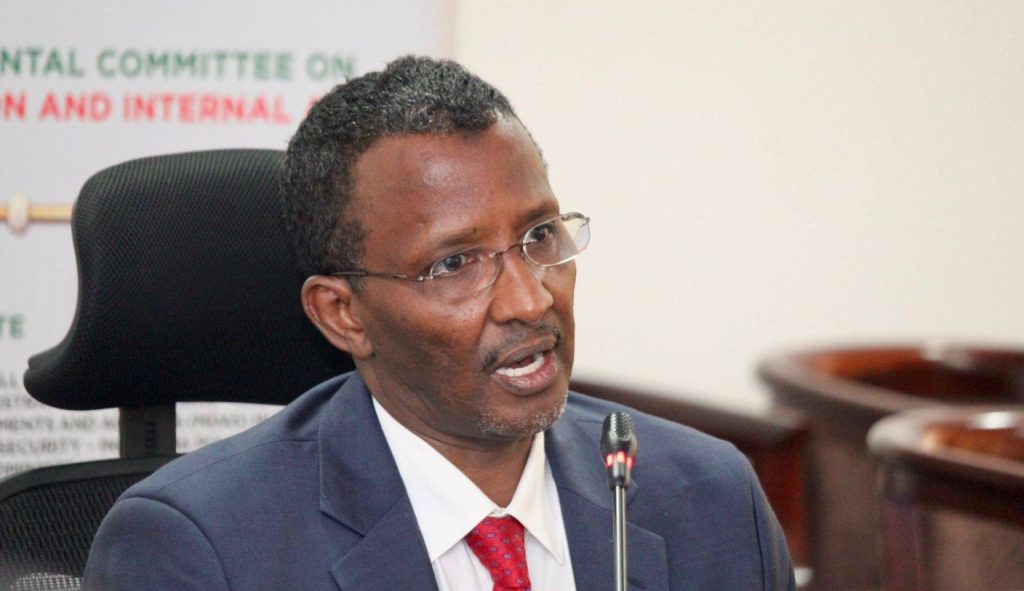
Today, Hassan’s rare public appearances reveal a man physically diminished, with whispers of an undisclosed illness swirling.
While he currently chairs the Independent Policing Oversight Authority (IPOA), his health struggles have fueled theories that he, too, is not immune to the so-called curse that follows those accused of thwarting Raila’s path to power.
Wafula Chebukati: Final Victim of a Relentless Curse?
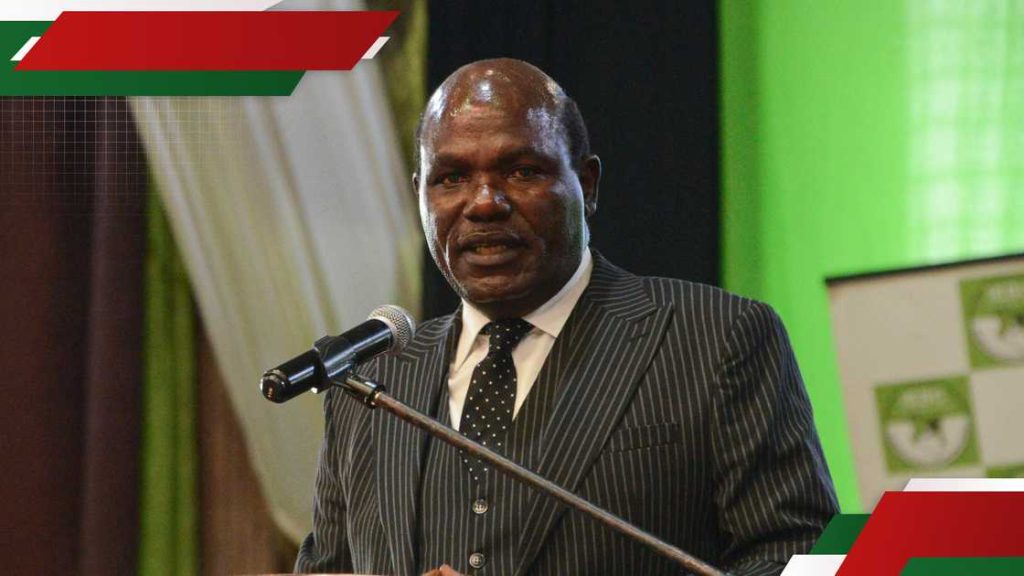
Wafula Chebukati’s stint as IEBC chair was nothing short of tumultuous.
He oversaw the 2017 elections, nullified by the Supreme Court in a groundbreaking decision, and the 2022 polls, where Raila Odinga once again alleged massive rigging.
The former IEBC boss wore a brave face in public but behind the political drama was a personal battle far graver.
Chebukati was diagnosed with cancer immediately after the disputed 2022 general election where he declared Ruto the winner, a decision that was opposed by other IEBC commissioners now popularly known as the Cherara Four.
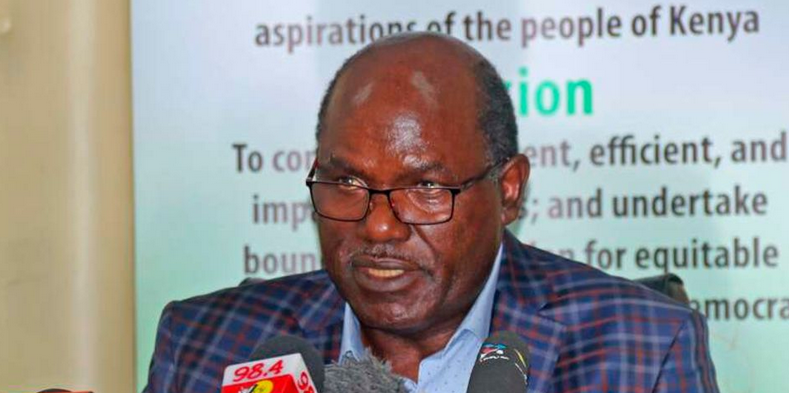
Chebukati sought treatment abroad, undergoing surgery in Germany, after being diagnosed with brain cancer in April 2023.
The reprieve was short-lived; the cancer returned in 2024, bringing with it a cascade of health complications.
By December, he was in intensive care, and despite his family’s efforts, he succumbed to cardiac arrest two months later.
Was his fate sealed not just by disease but by the weight of a cursed office that punishes those seen as betrayers of the people’s will?
Coincidence or Curse?
From Kivuitu’s haunted final words to Chebukati’s drawn-out illness, the country’s electoral chiefs have faced more than just professional challenges – they’ve endured personal tragedies that many believe are no accident.
In a nation where political contests often take on life-or-death significance, the pattern is hard to ignore.
Whether viewed as poetic justice, stress-induced decline, or something more sinister, the so-called “curse of stealing Raila’s victories” remains a potent narrative in Kenya’s political folklore.
And as the nation looks ahead to future elections, one question lingers: who would dare to sit in the IEBC’s hot seat next, knowing the ghosts of the past still hover?

